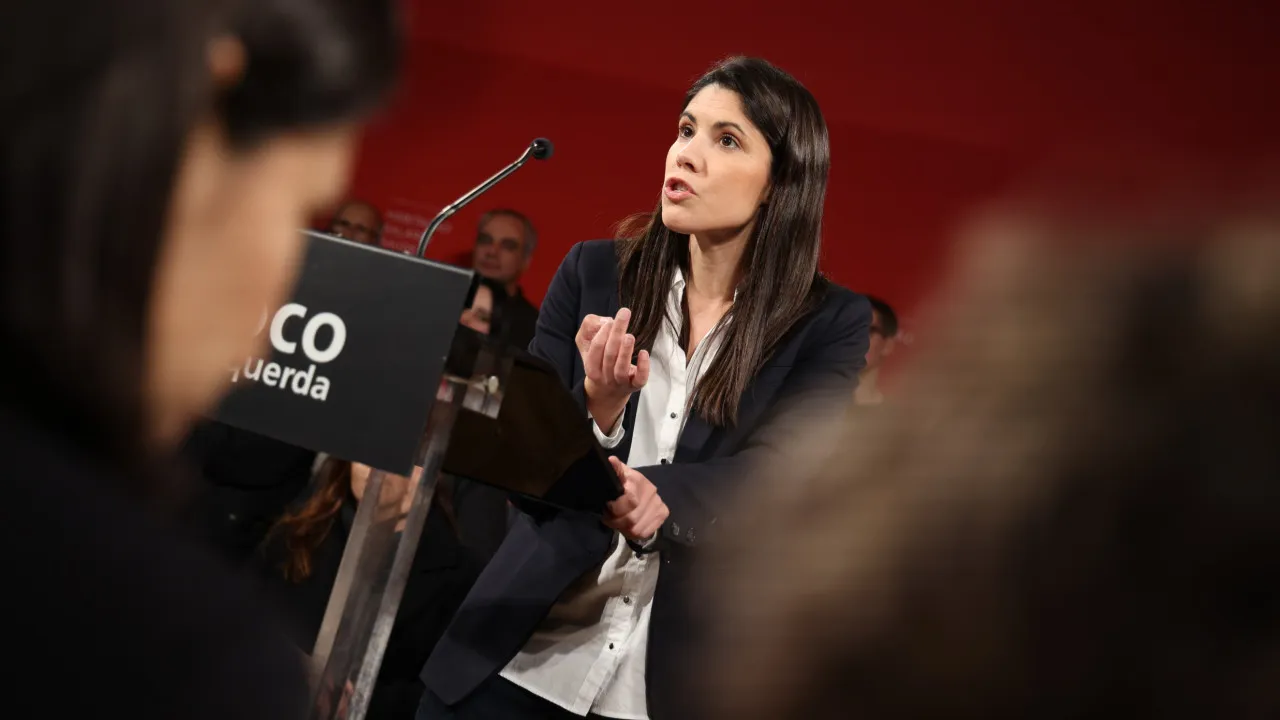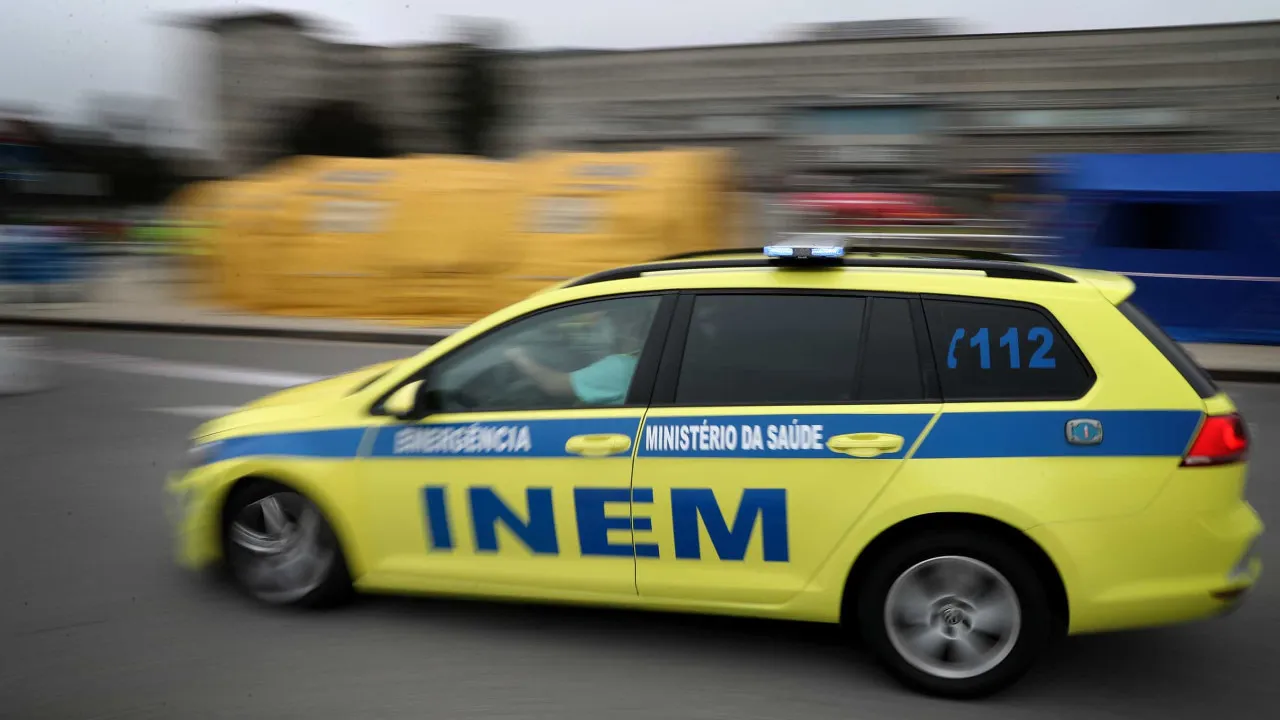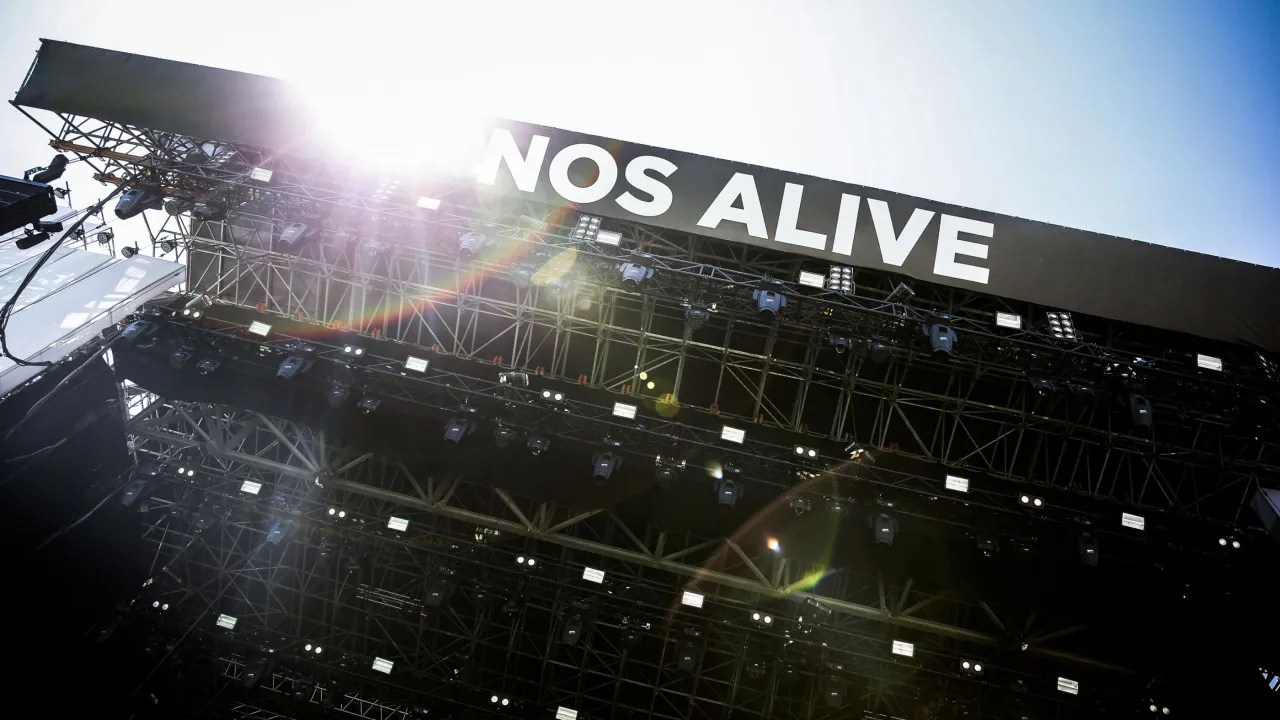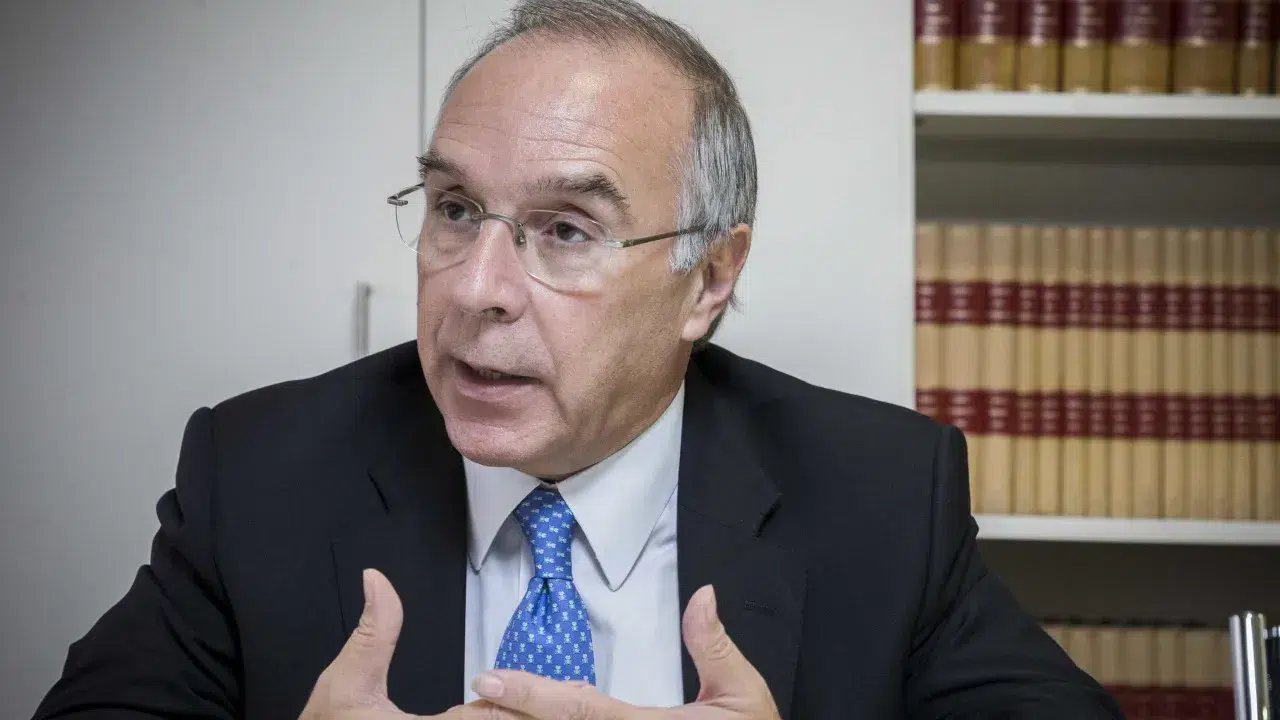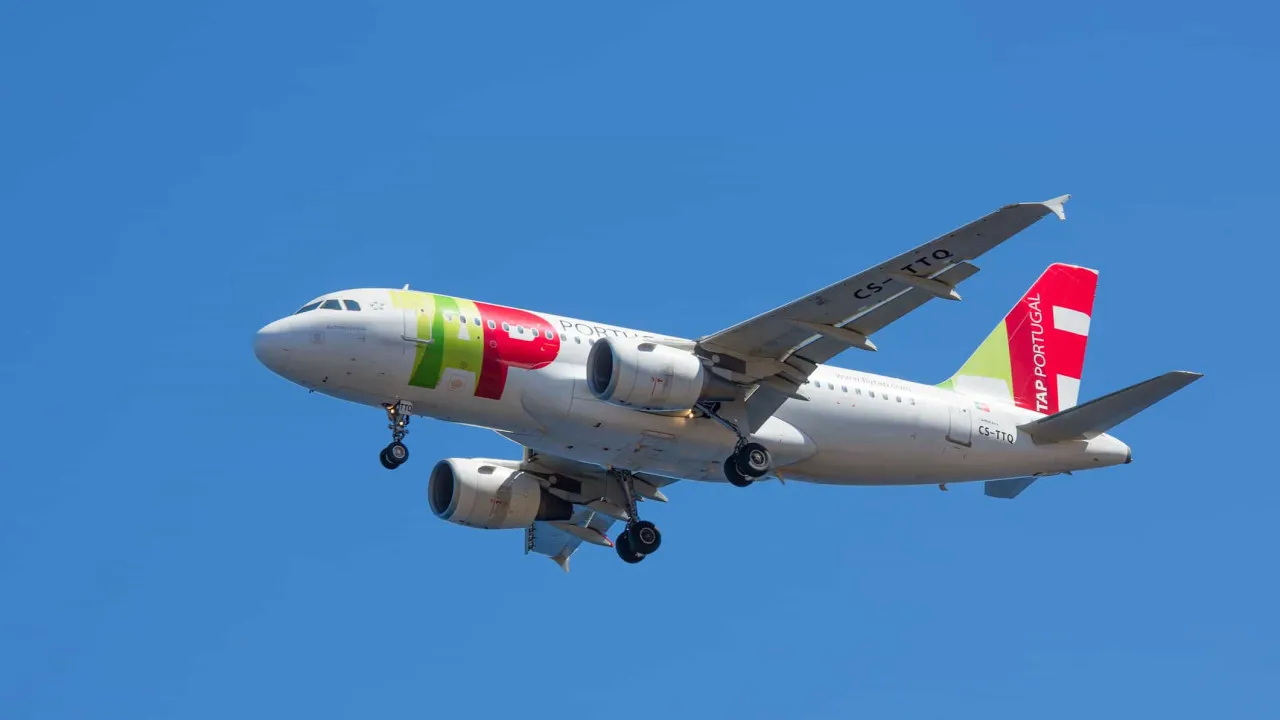
“The government cannot simultaneously claim it will only privatize up to 49.9% while preparing the process to eventually reach 100%,” said PS deputy Frederico Francisco, arguing that “the government’s ultimate objective remains the full privatization of TAP.”
During the urgent debate requested by Chega, a day after the government’s initiation of the TAP privatization process, the former Secretary of State for Infrastructure argued that “TAP was rescued by the state because it plays a fundamental, irreplaceable role in the country’s economy” and “annually accounts for export revenue exceeding the bailout value.”
The Socialist deputy noted that TAP is “capitalized, profitable again, generating profit” and “maintains its economic activities in Portugal,” advocating that “this is where the state’s investment is recouped, ensuring that the country does not become its largest exporter.”
“The government did not request a mandate for the second phase of privatization, because it’s a decree of law, it requested a mandate for 49.9%,” stated Minister Miguel Pinto Luz, questioning whether PS agrees with this solution and “is in favor of a sustainable TAP or not.”
The official also accused the socialists of “rescuing TAP immorally for the Portuguese.”
At the opening of the debate, Chega’s leader suggested that the government is preparing to make “a terrible deal” and argued that the executive must ensure the invested money returns to the state coffers and “enforce efficiency in pricing, action, and services.”
André Ventura warned that Chega “will never approve a total and wild privatization of TAP.”
For the PSD, Deputy Gonçalo Lage accused PS of “a succession of zigzags” in this matter and of having admitted the privatization of the majority of the airline’s capital.
Later, fellow Social Democrat Paulo Moniz highlighted that the process initiated by the government “strategically safeguards Portugal’s interests” and aims “to ensure that Portugal continues to have a say in strategic decisions, both in terms of political decision-making and within the future shareholders’ agreement.”
João Almeida, from CDS, acknowledged that “a phased privatization process” allows, later, “to enable a broader privatization.”
Jorge Teixeira from IL advocated for the complete privatization of TAP, stating that “the Portuguese can no longer endure this decade-long saga.”
In contrast, criticism of privatization came from the left, notably from the PCP parliamentary leader, who argued that “the money invested in TAP is recovered every day” if the company remains publicly owned and warned of the need to safeguard jobs and workers’ rights.
Jorge Pinto from Livre also opposed the sale, arguing that “selling a profitable Portuguese asset essential for the economy is simplistic and taking the easy way out.”
Single deputies also criticized the operation, with BE accusing the government of wanting to sell TAP “for next to nothing,” JPP warning that privatization “will weaken and compromise TAP’s role,” and PAN calling for “greater civil society and opposition party involvement in this decision-making process.”

